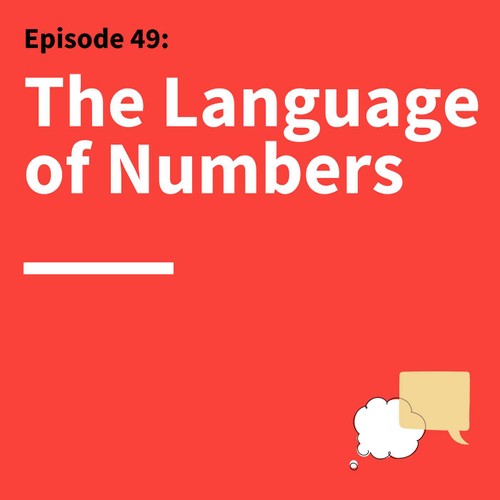
 Think Fast Talk Smart: Communication Techniques
Think Fast Talk Smart: Communication Techniques 49. Make Numbers Count: How to Communicate Data Effectively
20 snips
Jan 18, 2022 In this engaging discussion, Chip Heath, a professor of organizational behavior and author of Making Numbers Count, shares his insights on transforming data into compelling narratives. He emphasizes the need to make numbers emotional, as emotions drive action. Heath reveals how many people struggle with interpreting numbers and advocates for translating data into relatable concepts. Drawing on historical examples, he illustrates how emotional context can enhance communication and motivate change, providing practical strategies for clear and engaging data presentations.
AI Snips
Chapters
Books
Transcript
Episode notes
Curse of Knowledge
- The curse of knowledge makes experts forget what it's like to be a novice.
- Communicate concretely, as novices think in concrete terms.
Bright Spots
- Find "bright spots" (successful examples) within your organization.
- Replicate those successes instead of constantly reinventing solutions.
Translate Numbers
- Translate numbers into tangible concepts for better understanding.
- Untranslated numbers are often misunderstood, hindering effective communication.










